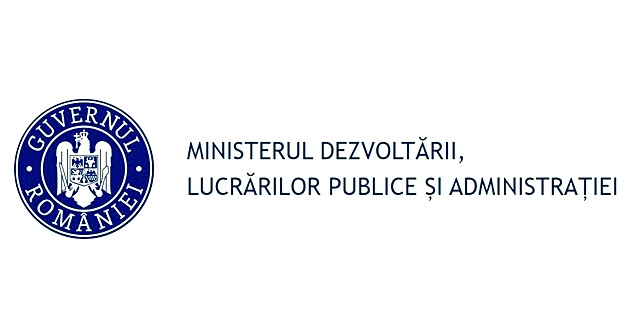867

Cseke Attila: New Measures for Streamlining and Debureaucratizing the Construction Sector Now in Effect
“The Ministerial Order that finalizes the regulatory framework through which we accelerate the preparation and updating processes for territorial planning and urban development plans—as well as the approval and permitting of both public and private construction works—has been published in the Official Gazette of Romania,” announced Minister of Development Cseke Attila.
The newly introduced measures aim to support both public and private investors and, as a key innovation, establish tacit approval in cases where an institution fails to respond within the legal deadline or does not explicitly reject a request for approval.
“Within 10 days from the publication of this Emergency Ordinance,” the Minister stated, “the Ministry of Development, Public Works and Administration shall adopt, by order, the template for the sworn statement by which the applicant declares that no request for clarification, supplementation or modification has been received, no conditional or unconditional approval has been issued, nor has any rejection notice been delivered, as applicable.”
To this end, two types of sworn statement templates have been created:
- One for use when submitting territorial or urban planning documentation, should the applicant invoke the tacit approval procedure;
- Another, similar template to be used when applying for a construction or demolition permit under the same conditions.
Sanctions for Public Institutions That Violate the New Rules
Public institutions that fail to comply with the new regulations will face penalties. Moreover, unjustified rejection of documentation is now considered a misdemeanor and will be sanctioned by the State Inspectorate for Constructions, which operates under the authority of the Ministry of Development.
Another key improvement: throughout the entire approval and permitting process, the documentation will be evaluated by a single public official, ensuring consistency and coherence in the feedback provided to applicants.
As previously announced, Government Emergency Ordinance No. 31/2025, adopted at the initiative of the Ministry of Development, brings major changes:
- Shortened approval timelines;
- Simultaneous approvals, replacing sequential (cascade-style) approvals;
- Institutions are no longer allowed to condition their approval on the issuance of other permits;
- Only one approval per domain is required for any given construction project, and it will not expire;
- Any studies, documents, or permits that are unnecessary for the construction process and constitute bureaucratic excess have been eliminated.




